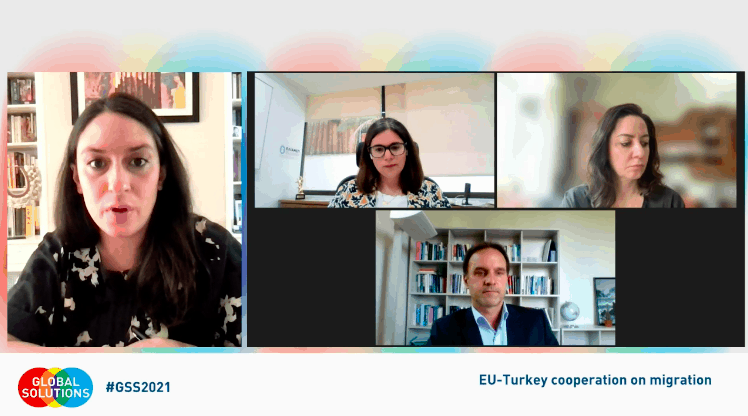Policy Area:
Migration
Migration
Following the large increase in the number of refugees and other migrants arriving in Europe in 2015–16, the European Union concluded a ‘migration deal’ with Turkey in 2016. As a result, the number of irregular migrants crossing the Aegean Sea dropped drastically. At the same time, the humanitarian emergency in Greek refugee camps and the growing frustration of the Turkish government with the arrangement created an unstable situation that escalated in early 2020, when Turkey temporarily opened the border. Five years after the deal came into force, the EU and Turkey are negotiating its continuation in line with the European Commission’s New Pact on Migration and Asylum. How can this cooperation be made more effective? What are the policy preferences and constraints in the EU and in Turkey? To what extent can EU-Turkey cooperation serve as a model for partnerships with other non-EU countries? Research-based findings from the 2021 MEDAM Assessment Report on Asylum and Migration Policies in Europe provide valuable insights on these questions.

Tags: migration, refugee policies



